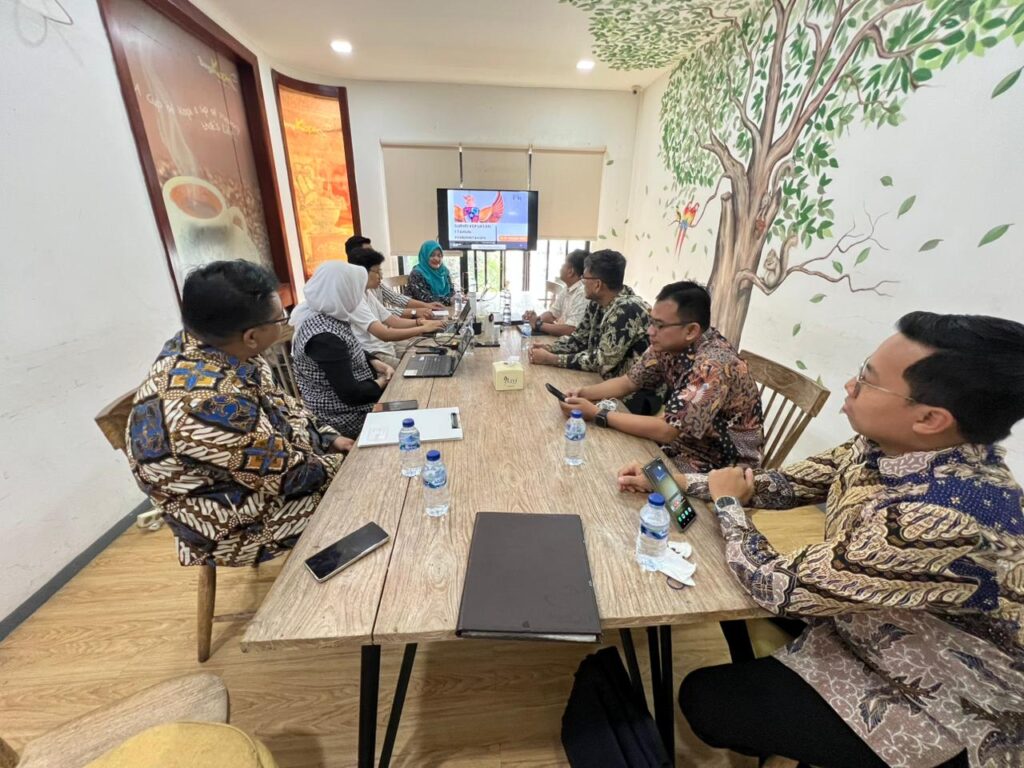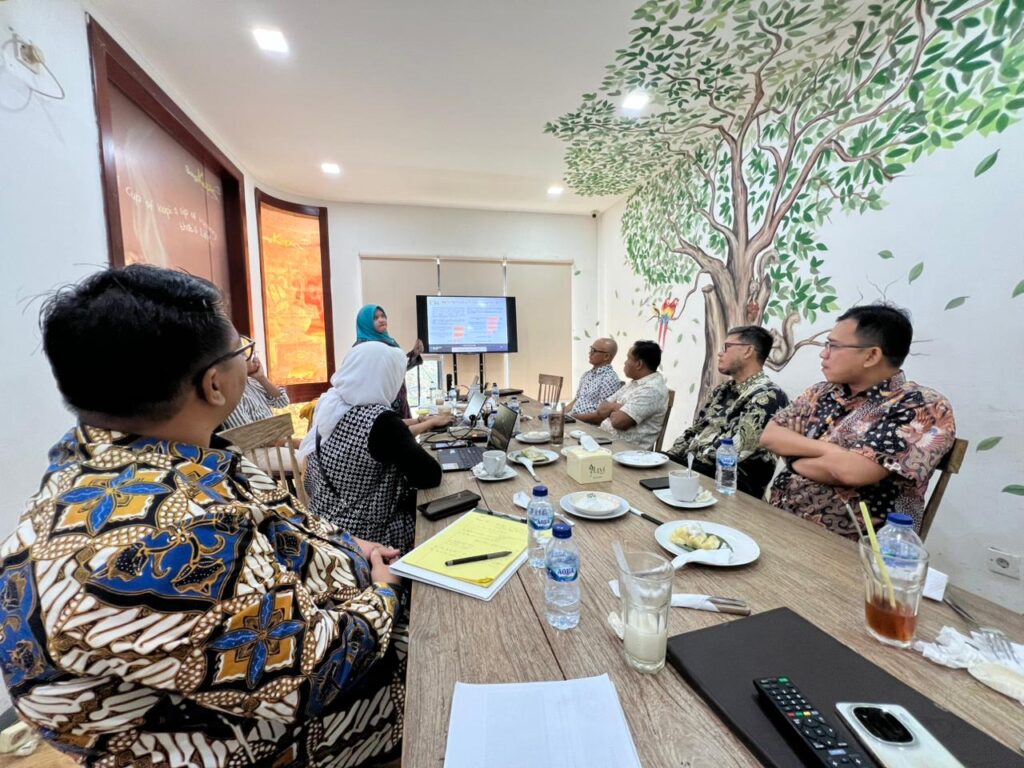Jakarta – Wednesday, October 29, 2025, the Director of the Policy & Regulatory Institute (PRI), Arisakti Prihatwono, had the opportunity to attend a Focus Group Discussion (FGD) entitled “Satisfaction with the 1-Year Performance of Prabowo-Gibran” organized by the KedaiKOPI Survey Institute (Indonesian Public Opinion Discussion and Study Group).
In this FGD, the Director of PRI, along with a number of political, legal, public policy, and international relations analysts, discussed the main findings of the public satisfaction survey on the 1-year Prabowo-Gibran administration, explored multi-perspective analyses, and identified public priority issues for the following year.
On this occasion, the PRI Director raised an important issue: social media, which is now beginning to influence life across multiple sectors, including the economy, socio-culture, and law.

Social Media as a Tool for Social Engineering
Social media, as a shaper of new realities, is increasingly creating a greater dependency on hyper-reality. Consciously, humans are directing algorithms towards fulfilling human desires, ranging from great profit, influencing public perception, to the increasing reliance of elites on algorithms.
The dependency of elites on big data algorithms amplified through social media is becoming increasingly unreasonable. Various perception metrics from several survey institutions on the general public are becoming dominant, rather than measuring the effectiveness of public policies related to their actual benefits.
The law, which should be a tool for social engineering, is having its noble idea hijacked by social media.
The role of social media is becoming more pervasive, acting simultaneously as prosecutor, defender, and judge in various cases. It makes social media trends into something entirely emotional, fast in response, effective in building opinion, but its hastiness makes it invalid in terms of evidence. This, in turn, will gradually diminish the function of the law for people who lack the power to access it due to limitations of time, cost, and other factors.


